Lenka Karfíková
Plato’s Sophist in the Epistemology of Clement of Alexandria
Eastern Theological Journal 9 (2023) 1, 61-75
Content
As it is well known, Clement of Alexandria’s “miscellaneous” work Stromateis is a real treasury of quotes from ancient philosophy and literature, in which a place of honour is reserved for Plato. The method of incorporating Platonic ideas into a new synthesis inspired by the biblical religion is already to be found in Clement’s Jewish predecessor Philo of Alexandria. As a theoretical basis for this operation, Clement offers the idea of both Jewish Law and Greek philosophy as a praeparatio evangelica or as two different “pedagogues” to bring Jews and Greeks unto Christ.3
In this paper, I will analyse Clement’s use of the Sophist, a dialogue which certainly does not belong among those most beloved by the Christian readers of Plato.
ZUSAMMENFASSUNG
In seiner Analyse des Glaubens in Stromateis II,4,15,1-2 zitiert Clemens von Alexandrien die Stelle aus Platons Sophistes 246a9-b1.6-8 über die “Gigantomachia” der “Söhne der Erde” gegen die “Formen-Freunde”, wie Platon sie nennt, und spielt mehrfach auf Platons Sophistes an. Clemens’ zentraler Einwand in der “Gigantomachia“ ist nicht die von Platon selbst kritisierte falsche Ontologie beider Parteien, sondern eine unzureichende Epistemologie, der “fehlende Glaube” (Strom. II,4,15,1), da der Glaube, so Clemens, ein notwendiger Bestandteil der Erkenntnis ist. In Strom. IV,25,155,3 bezeugt Clemens seine hohe Wertschätzung für die Kunst der Dialektik, wenn er mit dem Sokrates aus Platons Sophistes den “Gast” aus Elea als einen “Gott” vorstellt (Soph. 216a5). Anders als Platon, aber mit den Mittelplatonikern, setzt Clemens die Formen als im Intellekt Gottes anwesend voraus. Daher kann er die Gottähnlichkeit der Dialektiker aus ihrer Fähigkeit ableiten, diese Formen zu betrachten und sich so Gott zu nähern.
